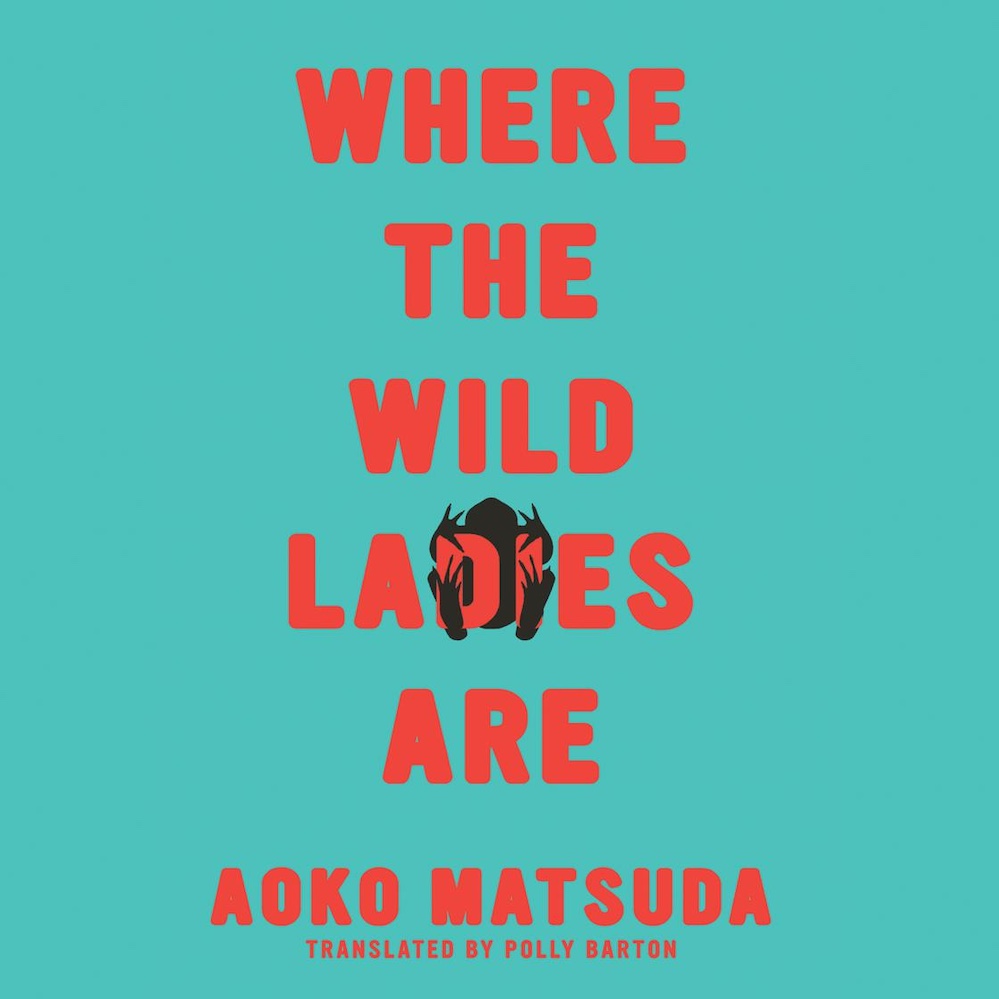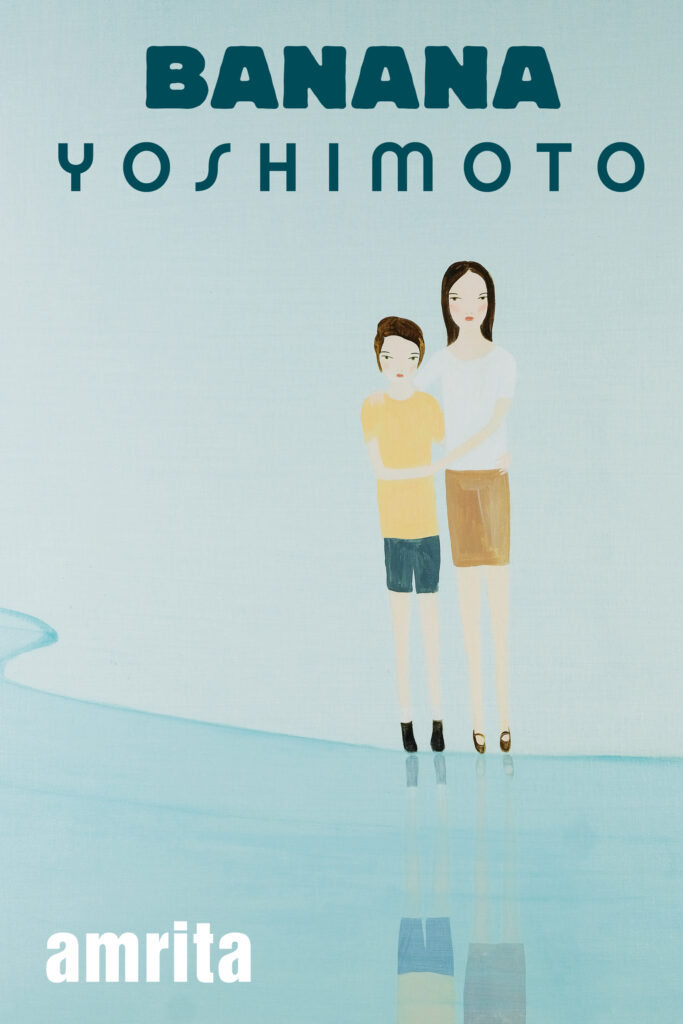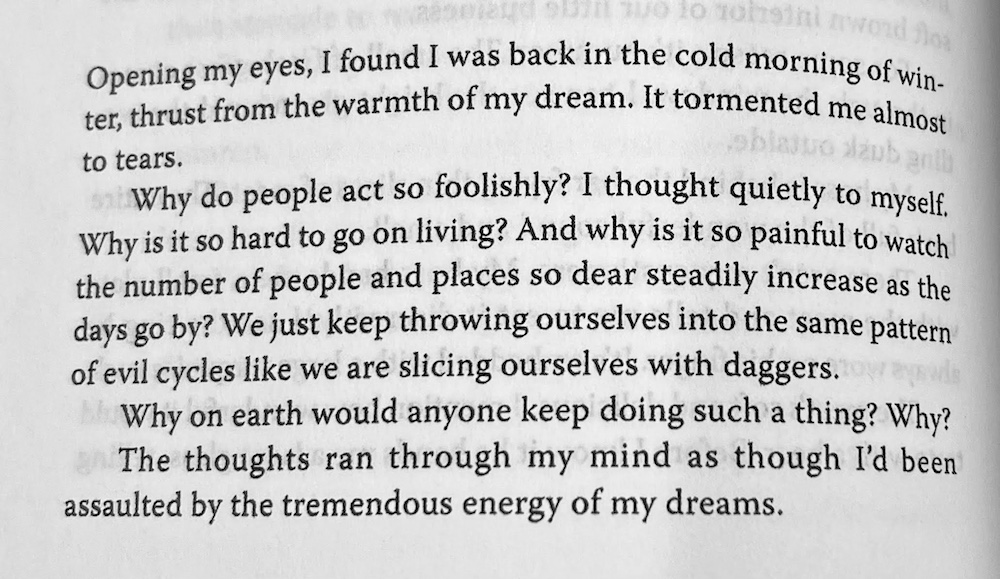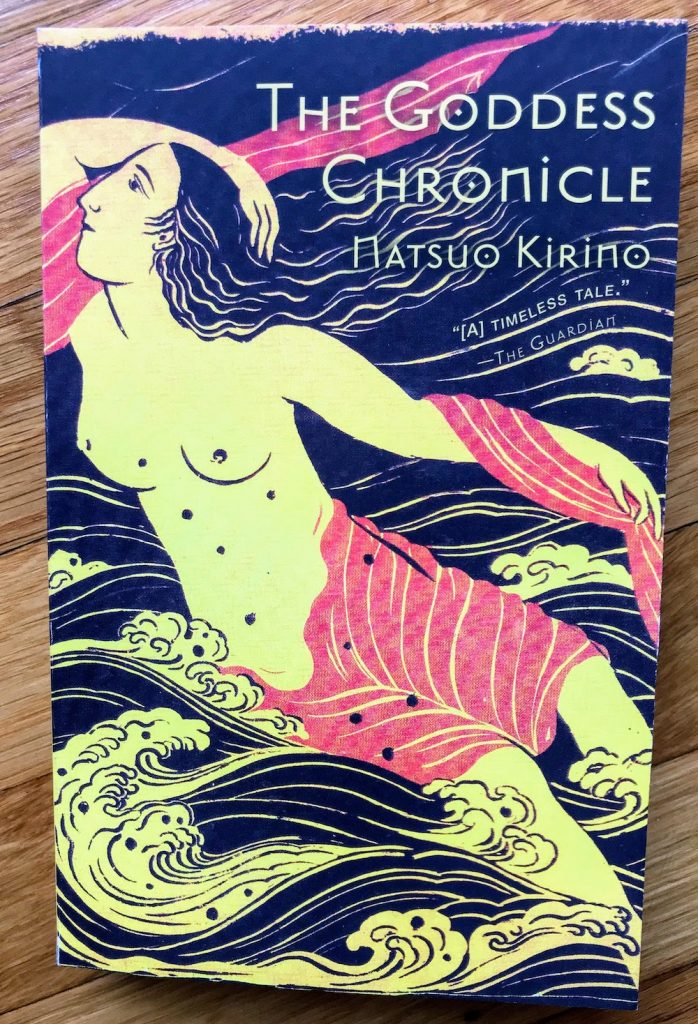
Where the Wild Ladies Are
by Aoko Matsuda
translated by Polly Barton, performed by Sara Skaer
audiobook published by Dreamscape Media (at Libro.fm)
2021
This is a collection of contemporary stories, inspired by traditional Japanese ghost stories. In each story, someone who is dead (or someone connected to the dead) gets a new identity, or a new job, or a new chance to tell their favorite relative not to make the same mistakes they did while also criticizing their apartments.
Why haunt a well when you can be a small business owner? Why not report a fire if it will bring your true love out of the monastery… oh, wait, that one has consequences – don’t do that. Why not pretend to be a human wife, even though the expectations of human wives make absolutely no sense (in general, and also to you as a fox spirit)?
These are fun stories, and one of them (about a ghost helping out single moms) even got me all misty-eyed. The audiobook is well performed and enjoyable to listen to (forgive the annoying ghost aunt – not all ghosts complain as much as she does!), and notes at the end describe the traditional tales that inspired them.
I enjoyed these stories and the clever character-based connections between them, very much.







